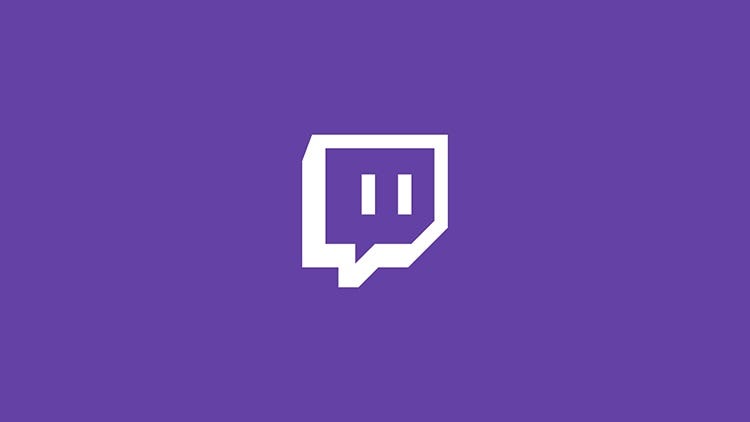Twitch have updated their policies on hateful conduct and harassment
More clarity on conduct
It's been a year for penning more explicit policies over at Twitch. Earlier this year the streaming website updated their nudity and attire policies. They've now published a revised policy on hateful conduct and harassment which they will begin enforcing in January after giving streamers and viewers a chance to familiarise themselves with the more specific requirements.
"We know that many people on Twitch–particularly women, members of the LGBTQIA+ community, Black, Indigenous, and people of color–unfortunately continue to experience a disproportionate amount of harassment and abuse online, including on our service," Twitch say. "Not only is this blatantly unacceptable, it also undermines the community we’re building on Twitch and threatens the long term viability of streaming as a career for everyone who wishes to pursue it. "
The detailed policy is broken down into harassment, sexual harassment, and hateful conduct. Provisions are made in some sections for educational content or for reclamation of slurs by groups of people historically targeted by them. Twitch indicate that many parts of the policy aren't new, but the added specificity and examples are. Here are the examples they gave across all three categories for punishable offences:
- Claiming that the victim of a well-documented violent tragedy is a crisis actor, or is lying
- Encouraging others to DDoS, hack, doxx, or swat another person
- Inciting malicious raids of another person’s social media profiles off Twitch
- Emotes are an important part of how we communicate with one another on Twitch, but they can be used maliciously. So emote combinations, even without additional text used in chat, will be held to this policy
- Given its historic and symbolic association with slavery and white supremacist groups in the US, displaying the Confederate flag is prohibited
- Repeatedly commenting on someone’s perceived attractiveness, even in what you believe to be a positive or complimentary manner, is prohibited if there is indication that it’s unwelcome (i.e. you’ve been asked to stop, timed-out, or channel-banned)
- Making lewd or explicit comments about anyone’s sexuality or physical appearance is prohibited. Note that we do not make an exception for public figures
- Sending unwanted/unsolicited links to nude images or videos is prohibited
These are just some specific examples given. There's quite a lot more to the updated policy itself to address edge cases and other confusion.
Twitch say that their safety team will look at both the content and the context of behavior on Twitch to determine whether something is against the new policy. "As a consequence of this, our assessment of some areas, including some types of harassment, may rely on indications that a behavior is unwanted, including channel time-outs, bans or reports from the targeted user or a mod team," they say, intending not to punish users for good-natured bants in competitive communities.
Twitch say they will begin enforcing these new policies on content created on or after January 22nd in order to give users a chance to familiarise themselves and ask questions. You can find dates and times for their planned Q&A sessions in the new policy announcement.
Earlier this year, Twitch began banning users specifically related to a wave of sexual abuse and harassment complaints. They say that the updated policy is the product of months of community research and consultation.

